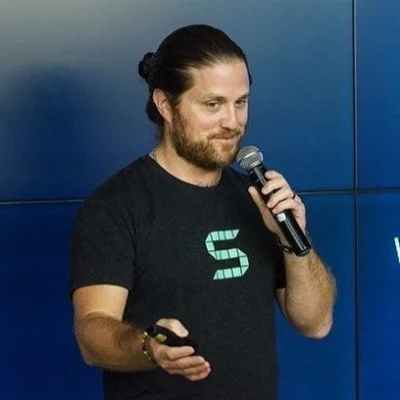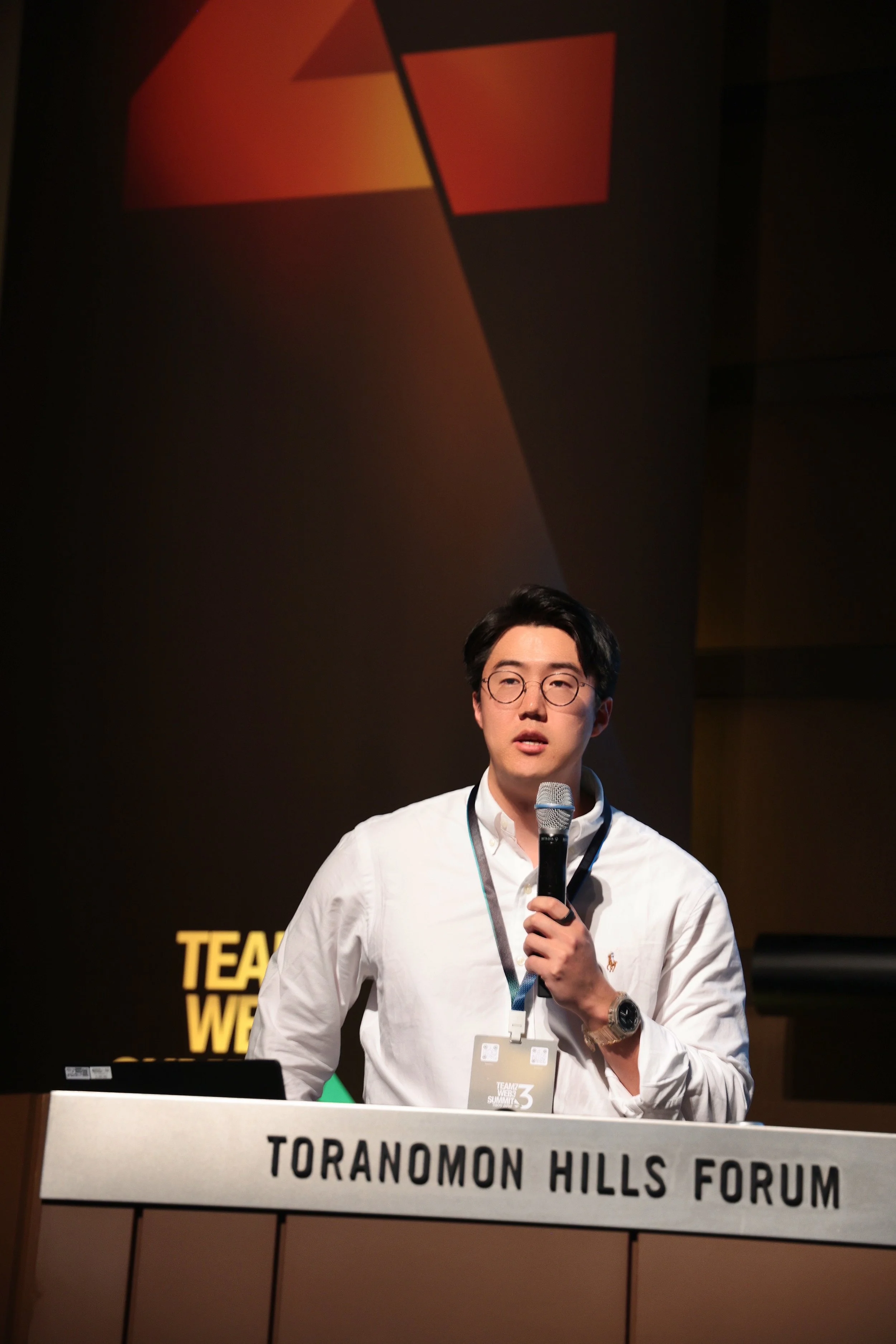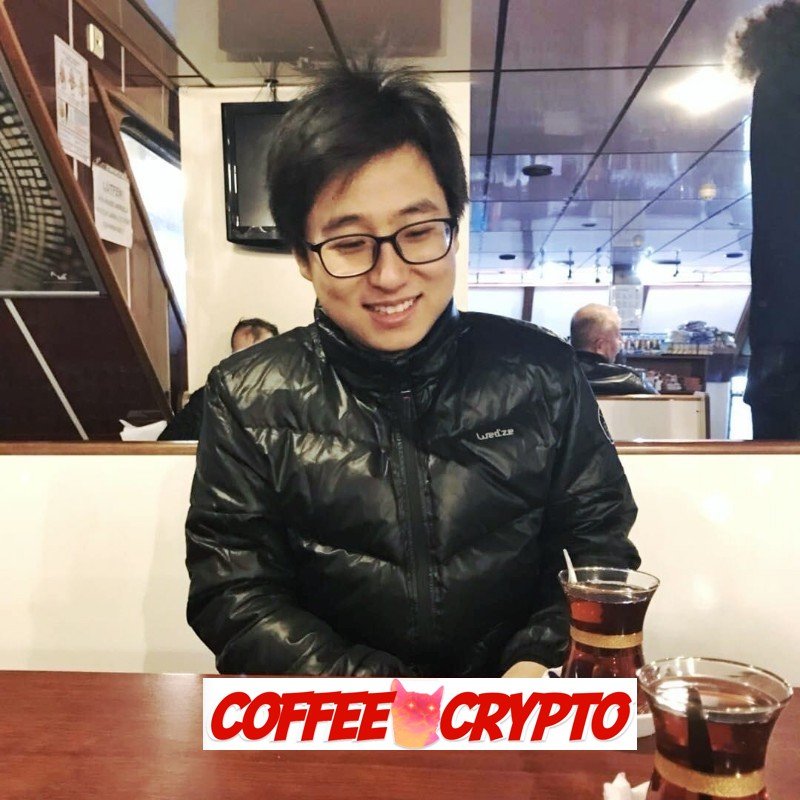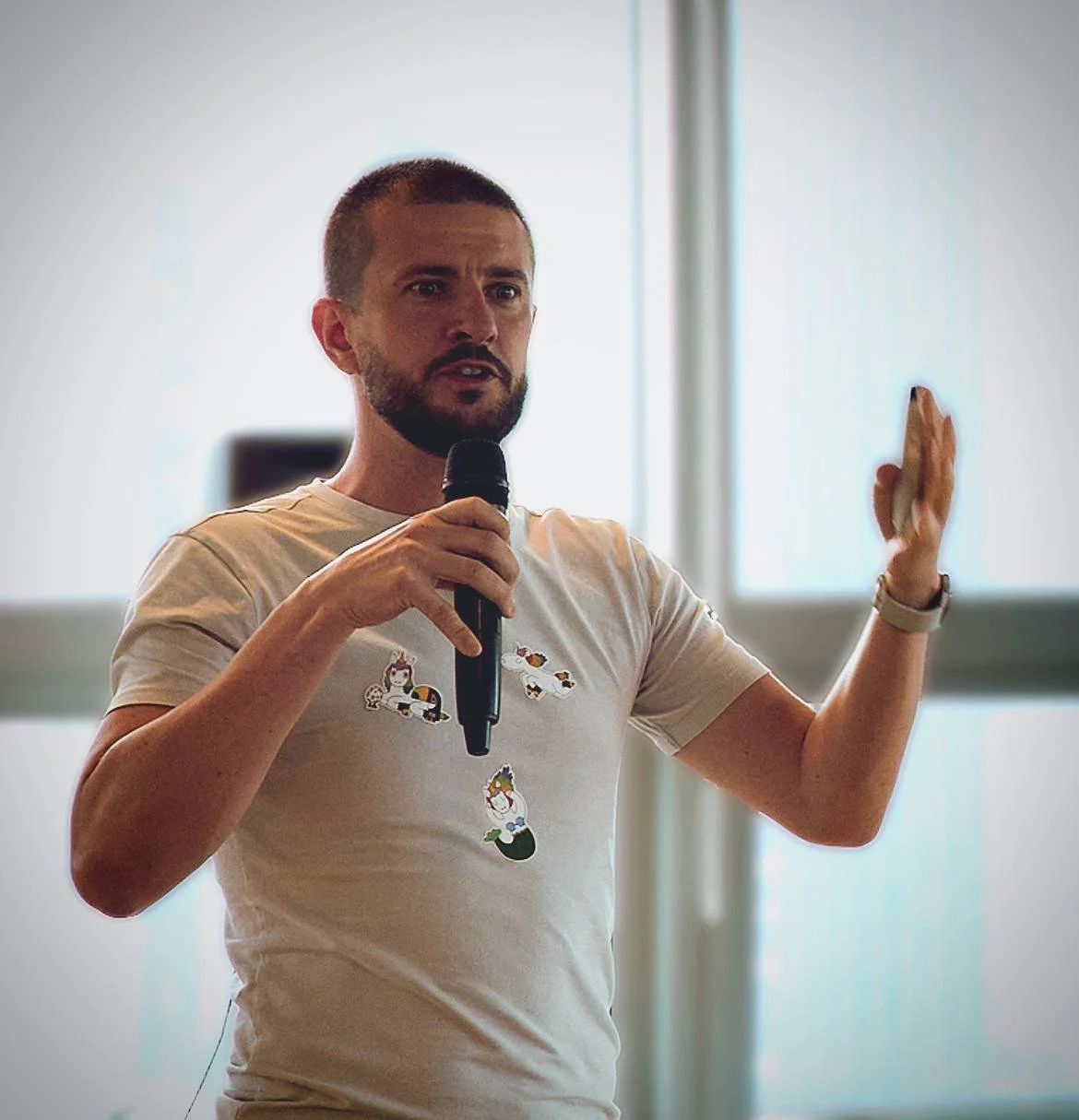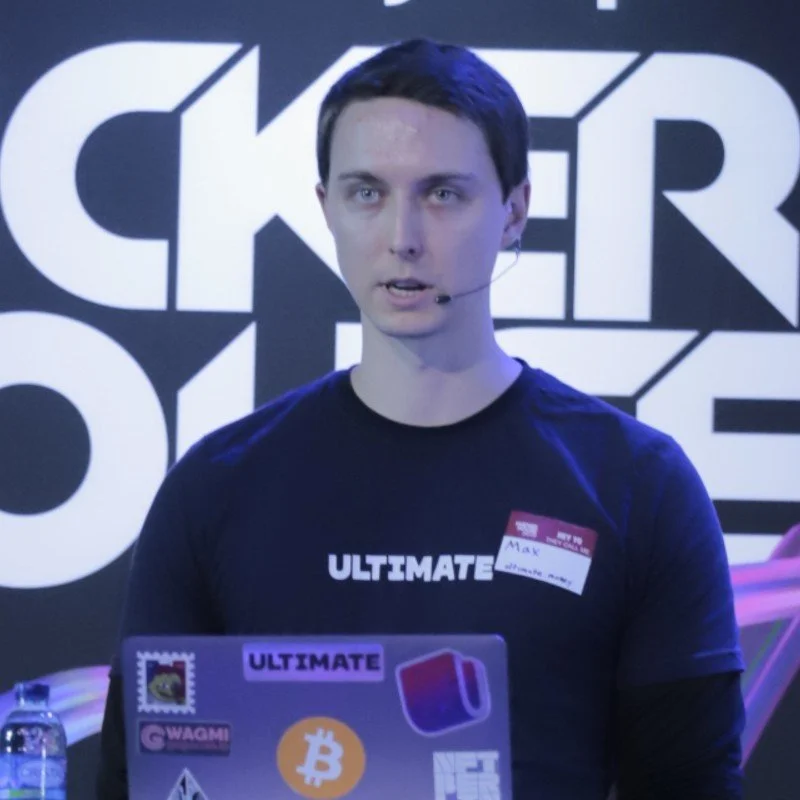
You have been invited to the
Blockchain Infrastructure Forum
July 6-7, Vienna, Austria
in the State Hall of the Österreichische Nationalbibliothek
Blockchain Infrastructure Forum
Blockchain Infrastructure Forum
State of the Stake
The BIF is a 2 day invite-only forum reserved for critical stakeholders in the blockchain infrastructure ecosystem and its fundamental maturation process. You and your organization have been specifically invited because you play a vital and fundamental role in this maturation. Stakeholders that will be present together under one roof represent every element of the blockchain infrastructure stack: L1 Foundation Representatives, Validators, and Datacenters/Cloud Providers. 3 key topics will be discussed, debated, and workshopped: (1) Infrastructure Management, (2) Governance, (3) Validator Classification.
Conversations that engage and expose pertinent information to all three stakeholders with depth and effective fluid conversations have not been held in with enough set time, focus, and actionable goals. This will be that time.
Information
Hotels
Recommendations by the Vienna Tourism Board. Curated selection of 3-5-star hotels
Flights
Discounts on tickets generously offered by Austrian Airlines of the Lufthansa Group
Venue Information
Discover the historical significance of the venues that will be hosting the Blockchain Infrastructure Conference
Programming
Schedule of events for the Blockchain Infrastructure Forum
Vienna Info
Brochure catalogs on Vienna: Walking routes, stories, hidden gems, cultural activities, and more
Book Sponsorship
Book Sponsorship for a specially selected index of books from the Austrian National Library
Gala on the 6th
Special evening of art and culture at the Belvedere Palace with a special exhibition on Klimpt’s Kiss
Key Takeaways for:
Validators
Blockchains
Datacenters / Cloud
Validators
Motivations for a Validator to be present to engage with L1/L2s and datacenters/cloud service providers
-
Connecting with Validators
Connect, learn, and workshop with other validators to understand how other organizations are implementing their infrastructure management and governance practices. This is an opportunity for validators to share what has worked well, what has failed, and how to build better. Understand and connect with regional validators across different L1/L2s and hosting services for better serving local delegators (both institutional and retail).
Connecting with L1s/L2s
Engage with L1/L2 foundation validator/infra teams to raise and share issues as a validator in their specific ecosystems, showcase yourself as a competent/quality infrastructure service provider, and contribute suggestions for improving the ecosystem’s infrastructure and governance landscape.
Connecting with Datacenters and Cloud Service Providers
Discover new datacenters and cloud service providers as potential new hosting platforms for your validator services according to region, specific offerings, and costs.
Connect on existing relationships with datacenters and cloud service providers to negotiate deals on offerings and establish communication lines with relevant parties.
Establish relationships with datacenters and cloud providers for more reliant communication channels.
Workshop and engage with directly relevant datacenter and cloud provider operators on what types of needs validators require for operations.
-
Infrastructure Management
Workshop, share, and learn infrastructure management best practices of validators. These topics will include cost efficiencies, failover practices, L1 infrastructure update monitoring, internal team information management, and more.
Governance
Workshop, share, and learn governance best practices of validators. These topics include governance monitoring, participation, and ecosystem engagement for courses of action on network level governance. Specific topics will include identifying governance proposal drafts at inception, contributing to proposal draft discussions pre-chain vote where relevant, and recommending vote direction. Contribute to an audience of validators and L1s.
Ecosystem Engagement
Workshop, share, and learn of how protocol specialist teams at validators are the boots on the ground representing their validators in each network’s ecosystem. They are protocol politicians and diplomats. They should maintain proper decorum when communicating with a network’s ecosystem befitting their representative roles and reputation management.
Ecosystem participation includes both information input and output. Validator protocol specialists should be responsible for knowledge acquisition on a network and its ecosystem. Protocol specialists should also be responsible with the aid of marketing for communicating with each network’s ecosystem and delegators on infrastructural, governance, thought leadership, and ecosystem initiatives.
Initiative Engagement
Workshop, share, and learn of the engagement that protocol specialists have in their top down exposure and knowledge of each network’s ecosystems and how they can leverage this broad knowledge to understand where needs are and launch relevant targeted initiatives to achieve validator goals including but included to infrastructure support, governance communication, and promotion of decentralization.
-
Collaboration not collusion
Understand that collaborating with validator peers, L1 teams, and datacenters/cloud service providers is necessary to establish a strong foundation on which to build a decentralized ecosystem on. Collaboration with competitors is important to allow for efficient competition for the future with a very necessary robust ecosystem.
-
Regional focus
Connect with local/regional validator peers and datacenters/cloud providers. Regionally focused validators can collaborate on how to engage with local retail and institutional partners or understand the competitive landscape. Work with local or strategically located datacenters and cloud providers in regions.
Stakeholder to Stakeholder Takeaways
-
Understand your peers. Share and workshop best practices. Identify regional strengths and weaknesses to work on or collaborate on. Establish regional working groups that can aid regulatory support.
-
Work with L1 validator teams on improving infrastructure improvement communication, governance practices, and support programs for the validator ecosystem. Allow L1 foundation teams to understand more depth of value for your particular organization’s core competencies and get appropriately rewarded and supported for it. Find new L1/L2s and start conversations early on to elaborate where to help in the Testnet phase and maybe secure a spot in the Validator Set.
-
Establish deals with datacenters and cloud providers for cost efficient hosting. Identify local and strategically geographic hosting providers for your needs.
Blockchains
Motivations for Blockchains to be present to engage with the validator and datacenter ecosystems
-
Sufficient decentralization for regulation
With regulatory bodies increasingly clamping down on blockchains and their associated cryptocurrencies over securities violations, decentralization remains the key point at issue that begins to determine regulatory oversight. The very point of having a decentralized validator and sequencer set building transactions for their blockchains is to remove the central point of guidance that regulators take issue with. A decentralized set of validator/sequencer infrastructure service providers shows a clear removal of centralized decision making moving the blockchains forward.
Sufficient decentralization for resilience
Having a decentralized validator/sequencer infrastructure service provider set enables obvious resilience to network outages and uptime.
Build a healthy network
Understand how to define what a healthy infrastructure ecosystem looks like from analytics to entity distribution to development.
-
Learn from other Blockchains
Understand the makeup and development of how other L1s and L2s have established their validator/sequencer infrastructure service provider ecosystems. Don’t recreate inefficient wheels on your own. Share your knowledge and learn from others. Understand the level of decentralization in your infrastructure ecosystem. How many whitelabel relationships are there (is your infrastructure service provider set decentralized in name only)? Are you infrastructure service providers all running on the same datacenters or cloud providers? How are engaged are your validators with your ecosystem? Are they passively just running infrastructure? Are they attending core dev infra calls? do they even know if there are core dev calls? Do they engage in governance? Is there even an established structure for governance?Collaborate
Collaborate with all stakeholders at the infrastructure level. Attendees will specifically include other L1s, L2s, Validators/Sequencers, and DataCenters/Cloud Service Providers. The difference between collaboration and collusion is intent. And we all have the intent to build these systems as robustly as possible.
Governance
Manage the governance direction of your ecosystems through your validator/sequencer infrastructure service provider set. The goal of progressive decentralization is to ultimately have your foundation take a step back and hand the responsibilities and running of your blockchain to the community—of which the infrastructure is managed by the very validators/sequencer infrastructure service providers in attendance.
Infrastructure Management
Guide, teach, and workshop on how best to engage in technical infrastructure management from communication of upgrades and responsibility distribution for infrastructure service providers.
-
Identify quality validators/sequencer infrastructure service providers
Have a clear understanding who existing validator and sequencer infrastructure service providers are. Beyond the usual suspects, get an opportunity to find which entities align most closely with your aims for building or maturing your ecosystem. Understand which entities are capable and are of quality.
Establish communication
Understand how to communicate with existing and new validator/sequencer infrastructure service providers. The difficulties of coordination remain in decentralization, but this forum offers and opportunity to collaborate in an immediate way for developing efficient and an effective means of moving your ecosystem forward. How easy is it to communicate with your validators when you need to engage in critical infrastructure upgrades?
-
Understand geographic decentralization
Understand where your existing and newer set of validator/sequencer infrastructure service providers are geographically located for maximum resilience. Also have the opportunity to understand which underlying datacenters and cloud service providers are located for your own infrastructure service provider ecosystem as well as communicate directly with these datacenters and cloud service providers in attendance.
Stakeholder to Stakeholder Takeaways
-
Meet, understand, and support existing and new validators
- establish clearer communication channels with them as or if needed
- understand needs of validators in your own ecosystem
- understand which validators are of quality to further support or even degrade support
-
Understand how other L1 validator ecosystems manage (1) infrastructure management and (2) governance processes
-
Understand landscape of datacenters and cloud providers
- know which datacenters and cloud providers there are
- make deals with datacenters and cloud providers for your own L1 ecosystem
- communicate what type of support or other wishlist items you want from datacenters and cloud providers
Datacenter / Cloud
Motivations for Datacenters / Cloud to be present to engage with the validator and datacenter ecosystems
-
This is an opportunity to meet, engage, and learn more about a rapidly growing infrastructure service provider class in blockchain that has and will continue to rely heavily on platforms like yours. To better understand the needs, packages, cost efficiencies, and new lines of business from this growing class of organizations all across the world, it would be valuable to understand the nuances and key players in this environment.
-
You will have the opportunity to meet who the key players are in these respective ecosystems. Here these infrastructure service providers, on behalf of blockchains in attendance, will discuss common pain points and solutions for their operations that rely on critical services your organization provides. Further, it will be an opportunity to discover and engage in financial ecosystem grants programs that can substantially subsidize this class of infrastructure service providers through deals that can be made between your organization and the blockchain foundation teams themselves.
-
From the validator attendees, you will meet relevant representatives from validators that are in charge of infrastructure management at technical workshop sessions. From L1/L2 blockchain attendees, you will meet relevant platform infrastructure members representing their respective ecosystems.
Stakeholder to Stakeholder Takeaways
-
A concrete understanding of a rapidly growing client base that makes use of hardware and cloud services. Relationships with these clients and a more informed understanding of this the blockchain infrastructure ecosystem.
-
More visibility into blockchain ecosystems, their growing needs for infrastructure services, relationships/connections to key decisionmakers, and a vision of future goals and roadmaps for this technology base.
-
An understanding of how other datacenters and cloud providers are establishing services lines (and even blockchain services themselves) to support this growing technology stack.
SUPPORTING PARTNERS
Attendees















